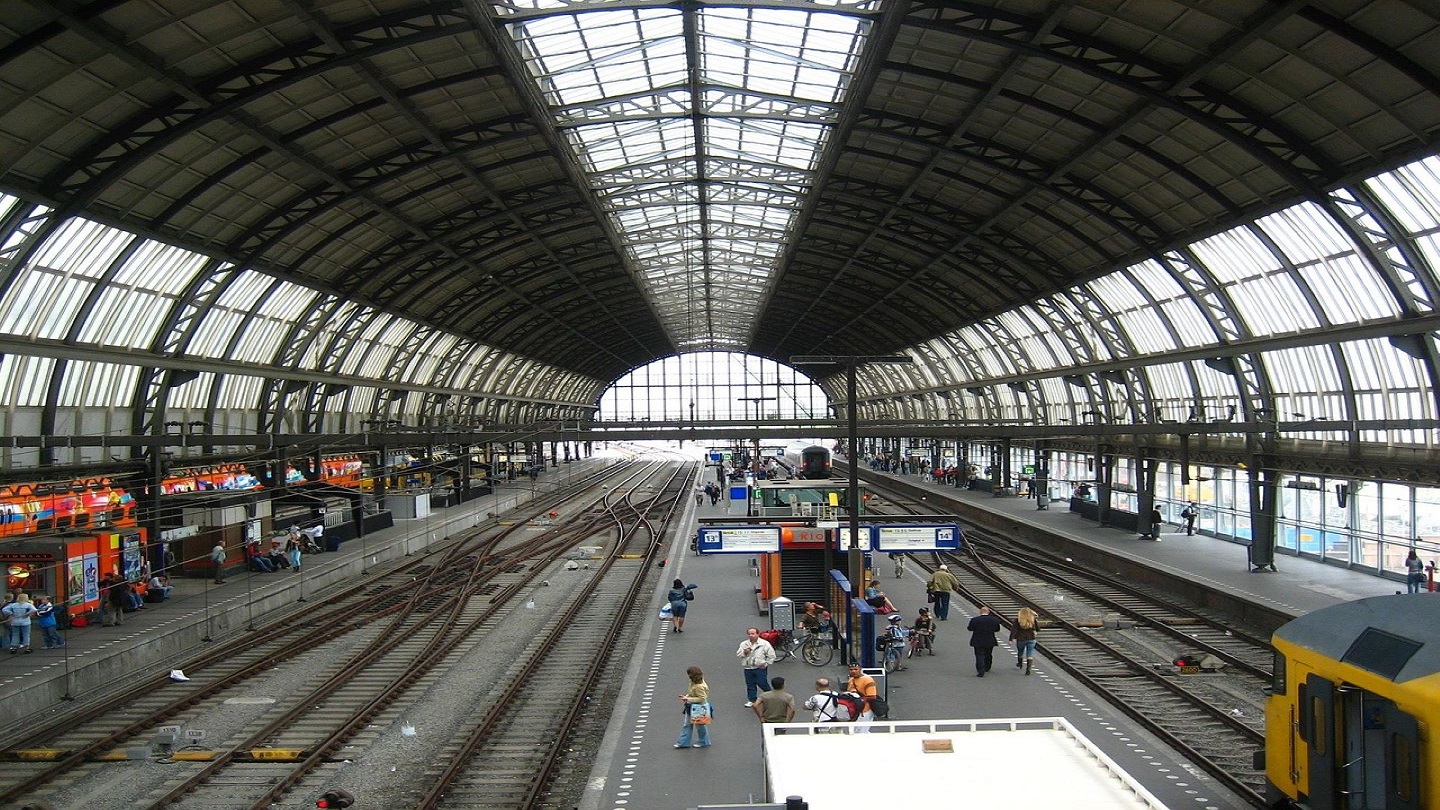The UK government has announced the initiation of construction for a new train station at the South Cambridge Biomedical Campus in the UK. This station is part of the proposed ‘East-West Rail’ route, which aims to connect the cities of Oxford and Cambridge. The new station has an investment of approximately £200 million. It will improve connectivity and serve as a vital transport link for the biomedical campus.
The four-platform station will be fully accessible and is expected to be completed by 2025. It will significantly connect the biomedical campus to international gateways such as Eurostar and Stansted Airport. Anticipated to accommodate 1.8 million passengers annually, the station will enhance accessibility and contribute to the growth of the entire region.
READ ALSO: Plans Set for New E18 Motorway in Oslo as Part of Western Corridor Project
The New Train Station at South Cambridge Biomedical Campus: Enhance Connectivity and Support Regional Growth
Rail Minister Huw Merriman emphasised the positive impact of the new station at the South Cambridge Biomedical Campus. He stated that it would benefit local passengers and boost the city as a whole. The improved connectivity will facilitate travel to the renowned academic hub and unlock regional business and growth opportunities. The project aligns with the government’s vision of a well-connected, passenger-focused rail network. Thus, it supports communities for years to come. During the construction phase, the project is expected to create around 300 job opportunities in the local area. This presents a positive economic impact, contributing to the growth and development of the region.
Kristin-Anne Rutter, Executive Director of the Cambridge Biomedical Campus, expressed delight at having a dedicated railway station within two years. The enhanced public transport links will play a critical role in realising the vision of a more sustainable campus. Thus, it will foster collaboration and innovation in the field of biomedicine.
The construction of the new train station at the South Cambridge Biomedical Campus demonstrates the UK government’s commitment to improving connectivity. It also supports regional growth and creates sustainable transportation solutions for the future.

Leave a Reply